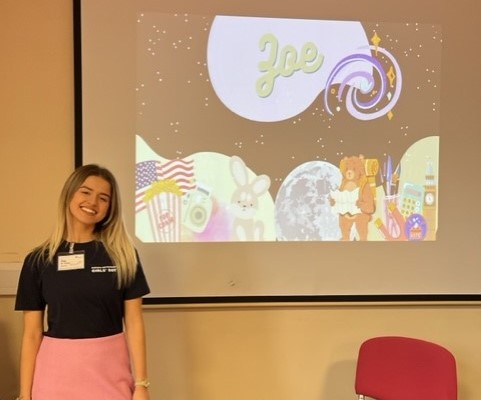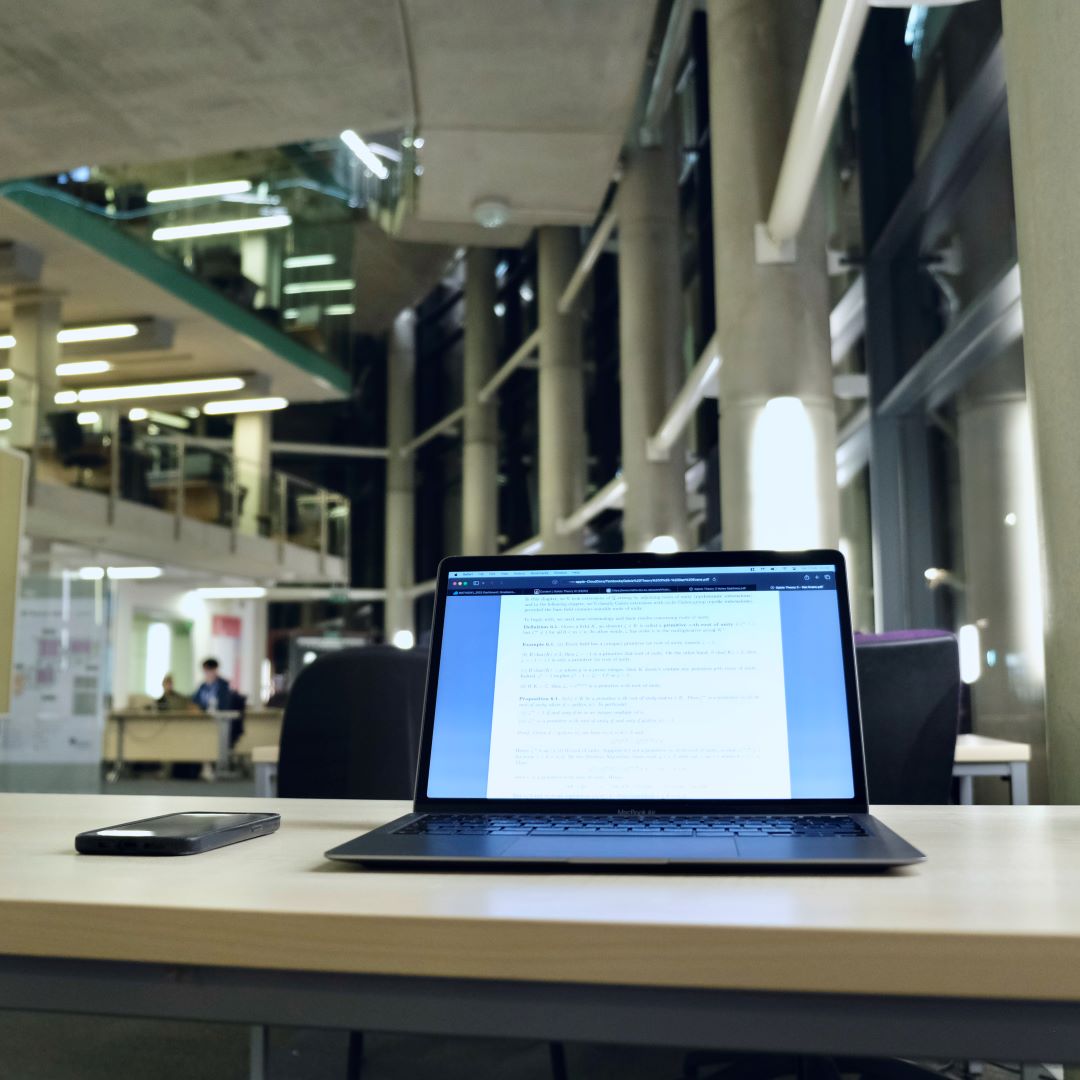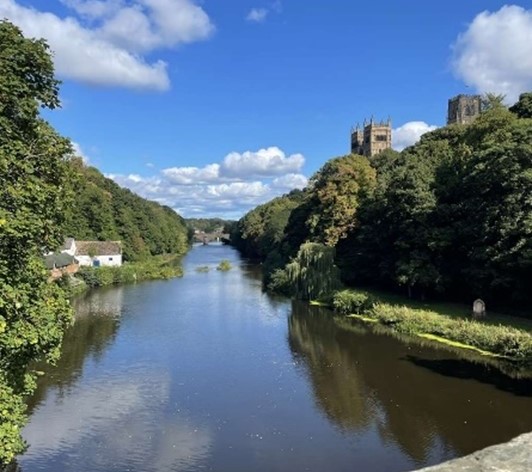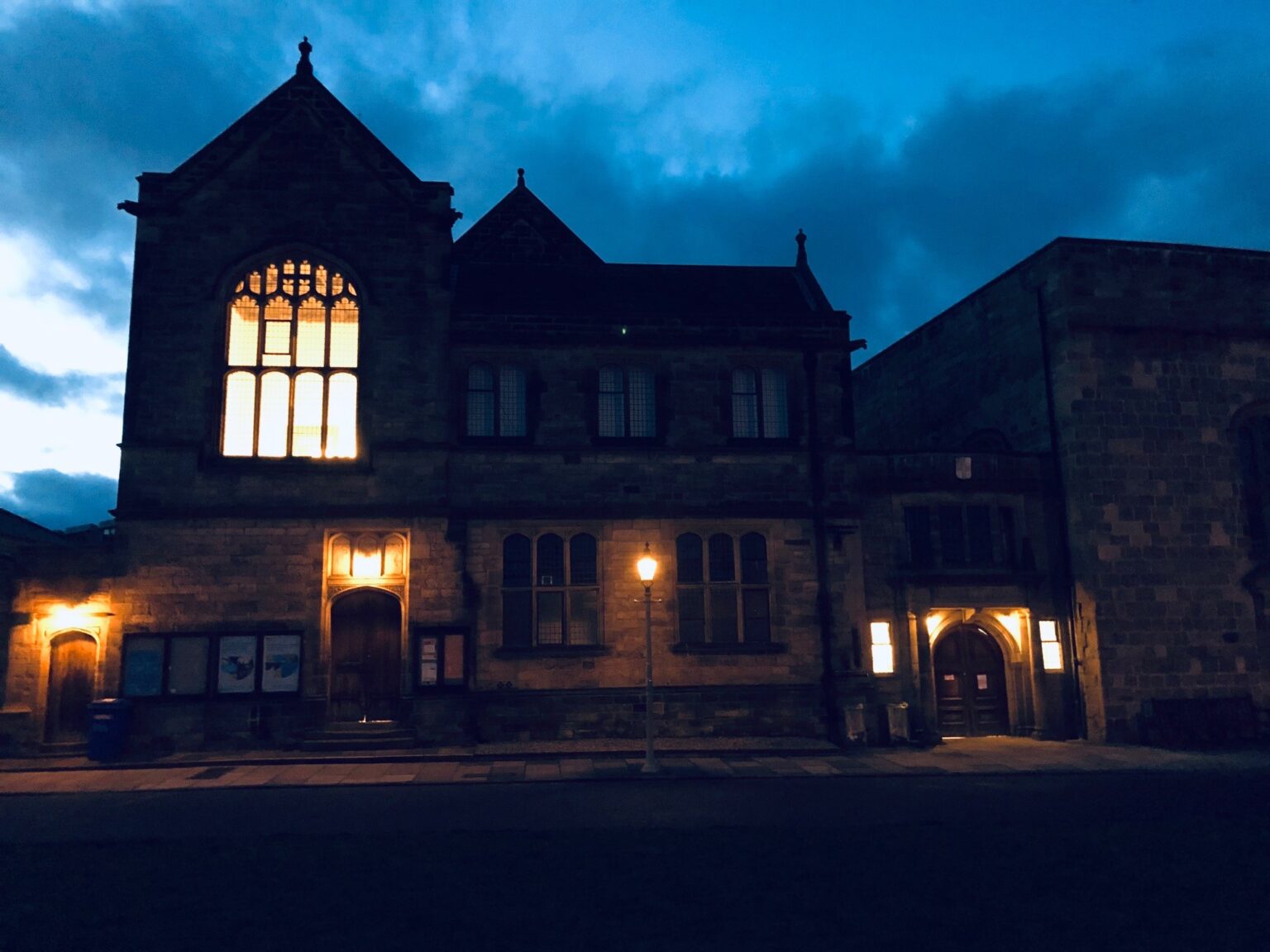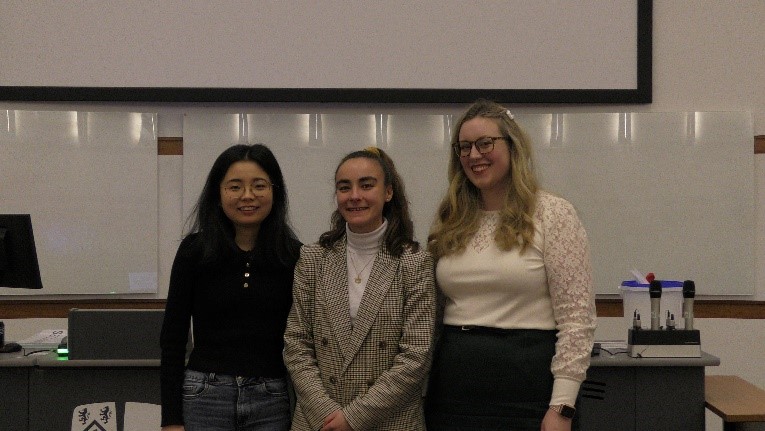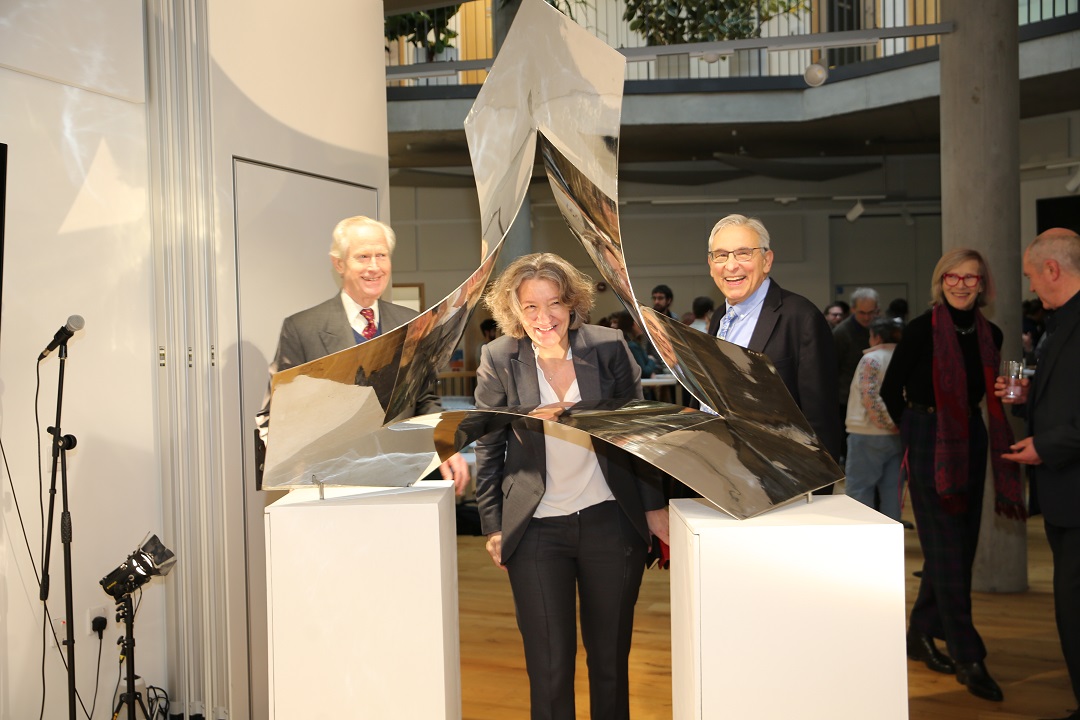cover image The Large Diameter Centrifuge at ESA ESTEC where Spin Your Thesis! Experiments are held. (Credit: ESA)
When I began studying at Durham for my Physics degree back in 2019, I could not help but try and imagine where I would find myself in the far future. Would I be in a university doing research? Maybe I’ll be moving around and seeing the world while being posted to various observatories? Or perhaps I might even find myself working for a company outside academia? To be honest, it felt a little presumptuous at first thinking about such things. After all, I was only a fresher, and I had more pressing things to worry about, like what to have for dinner besides instant noodles or which club to go to next Friday.
The opportunity
Despite my attempts to focus on the present, life has a way of planning itself sometimes. Case in point, early in my second year, I was told that two of my classmates, Jochem Langen and Alex Prior, were looking for a third team member to submit a research proposal for the European Space Agency’s Annual Spin Your Thesis! Programme. Being the huge space nerd that I am, this was one ride I simply could not pass up. Although we were almost certain that we would not be selected over the plethora of Ph.D. and Master’s students that were sure to apply, we were determined to ‘shoot our shot’ anyway, and that’s precisely what we did. We hurriedly picked ‘Near-Field Acoustic levitation’ (basically levitating things using sound) as our topic and ‘The Levitators’ as our team name before spending three sleepless weeks putting together a proposal while simultaneously managing our physics degrees. You can only imagine our surprise when we discovered that we were one of only three university teams from all of Europe selected by ESA to join the programme.
Our selection essentially transformed our lives overnight: One day, we were regular students trying to keep up with lectures, and the next, we were suddenly on a video call with a veteran astronaut and taking notes from people who manage ISS experiments. It was crazy! And to think, just weeks ago, we were fumbling through topics trying to find some niche experiment we could do, all the while laughing about the odds of us getting picked. Truly, cliche as it sounds, sometimes you never know if you never try.

Lots of hard work
Of course, working on an experiment for ESA while doing a degree at the same time has been no walk in the park. Starting in January 2021, we had to spend an extra ten hours a week working on this project to properly plan our experiment and obtain the necessary funding and equipment. Included in these ten hours were various tasks ranging from those as simple as making Gantt charts and calling suppliers to speak about sponsorships to more complicated activities like producing CAD diagrams, coding automated systems, and modeling pressure fields using COMSOL. With no exams to worry about these days, we typically work about 35 hours a week – making substantial progress (as can be tracked on our social media pages and website) in meeting our scheduled experiment date of late September 2021.
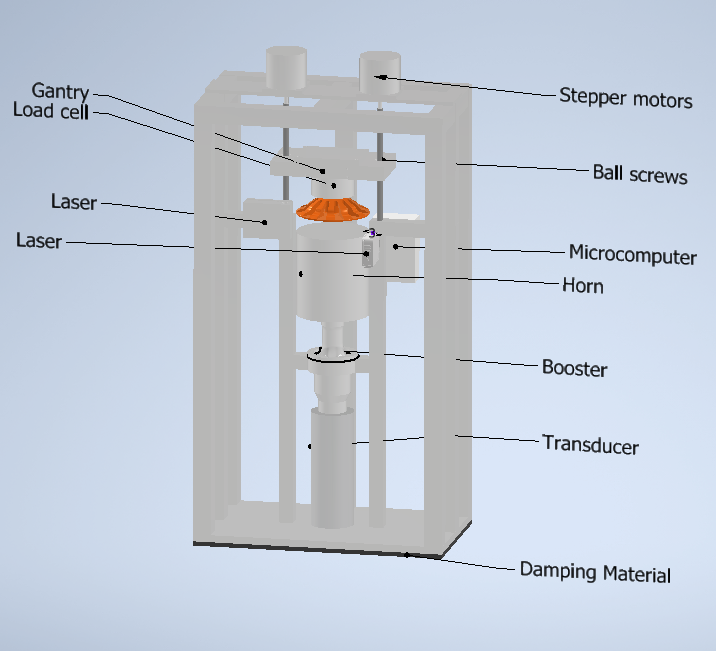
Despite all these hardships, working with ESA does have its perks besides being able to rub shoulders with astronauts and experts in the space industry. Firstly, we made many friends in the physics department and learned plenty of new skills due to us constantly asking professors and workshop technicians for help. In addition, we also get the chance to present/publish at international congresses and journals such as the 2021 International Astronautical Congress to be held in Dubai, UAE, in conjunction with the other Your Thesis! participants.
Overall, we feel like working with ESA is a worthwhile challenge for any hard-working student that will undoubtedly help your CV. We would encourage any student wishing to join a Your Thesis! programme to get in contact with us so we can assist them in this endeavour.
Discover more
Our Department of Physics is a thriving centre for research and education. Ranked 4th in the UK by The Guardian University Guide 2022, we are proud to deliver a teaching and learning experience for students which closely aligns with the research-intensive values and practices of the University.
Feeling inspired? Visit our Physics webpages to learn more about our postgraduate and undergraduate programmes.
Website: https://thelevitators.langen.one/
Email: [email protected]
Facebook: https://www.facebook.com/nfal.esa.du
Twitter/Instagram: @the_levitators
LinkedIn: The Levitators
ESA Team Page: https://www.esa.int/Education/Spin_Your_Thesis/Meet_the_team_The_Levitators

